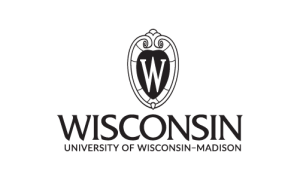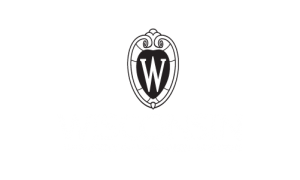Karolina Koc-Michalska
Populism and Facebook: 14 countries, 117 parties and 2014 EP election campaign
Social media are claimed to boost the development of populism and the use of populist rhetoric and communication styles by political parties. The technological affordances seem to be a perfect place to communicate using a more informal style, employing emotional arguments that are not always suitable for more traditional campaigning.
SESSION 3
Political Elites and Populism in US and Europe
Focus
- Political Elites
- Populism
- Social Media
In this research project…
In this research project we concentrate on posts (3500, random sample) by political parties on their Facebook profiles during 2014 EP election campaign. By applying the coding schema on different standard post features (e.g. topic, target, emotions) as well as populism codes (e.g. xenophobic language, uncivil behavior, attacking elites, popular representation, symbols) we demonstrate to what extent parties employed populist communication styles.

